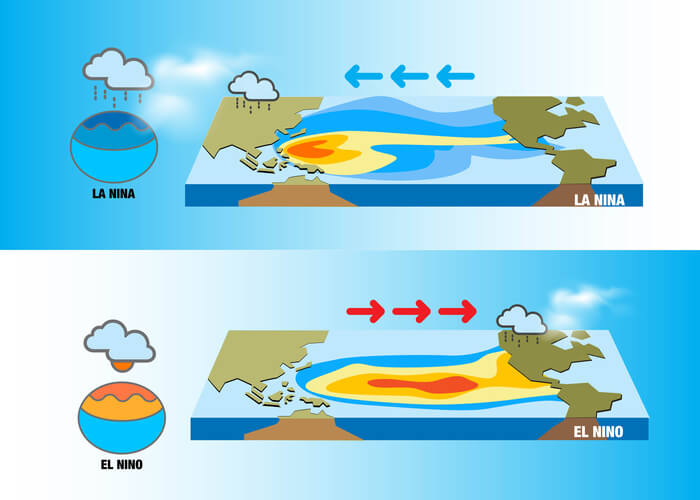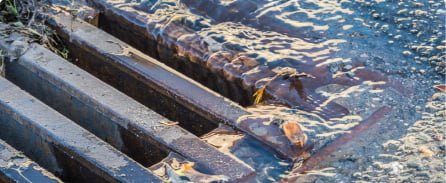Slip Lining
Slip lining is a type of non-invasive pipe repair where a new, smaller pipeline is inserted into the existing, failing pipeline. This method uses high-density polyethylene (HDPE), or similar material that can be installed in severely damaged pipe. This is the original method of non-invasive pipe repair. HDPE is not as flexible as other methods, making it a better method for extremely damaged, structurally compromised pipe. As the HDPE is a new pipe that fits in the shell of the existing, the flow capacity of the pipe is reduced.

This method of pipelining is utilized in scenarios where the pipeline damage is extensive. The liner strength and integrity can vary for the needs of the project. Once completed, the new pipe and old pipe must be sealed together at the beginning and ending of the repair, usually at manholes or junction boxes, to solidify the lining in place. Minimal excavation at entry and exit points may be required to allow for HDPE insertion.
This pipelining method also requires cleared pipes meaning diversions may need to be set up to block the flow of water. The pipeline should be clear of water and debris to ensure the new pipe can be inserted easily.
This method is most successful for pipes experiencing roof infiltration, collapse, corrosion and cracks. Slip lining is not ideal for pipeline with bends as the new pipe is not malleable. Slip lining is also not ideal for pipelines with lateral connections as the new pipe is continuous and would cover the connections.
AQUALIS Provides Pipe Repair Solutions
AQUALIS is the leading provider of sustainable water management and engineering solutions. Specializing in stormwater and wastewater, AQUALIS understands both above and belowground assets. Infrastructure repairs are unavoidable, but it is important to catch issues early to prevent system failures, safety hazards and compliance violations. To proactively protect your system, request a consultation now.


